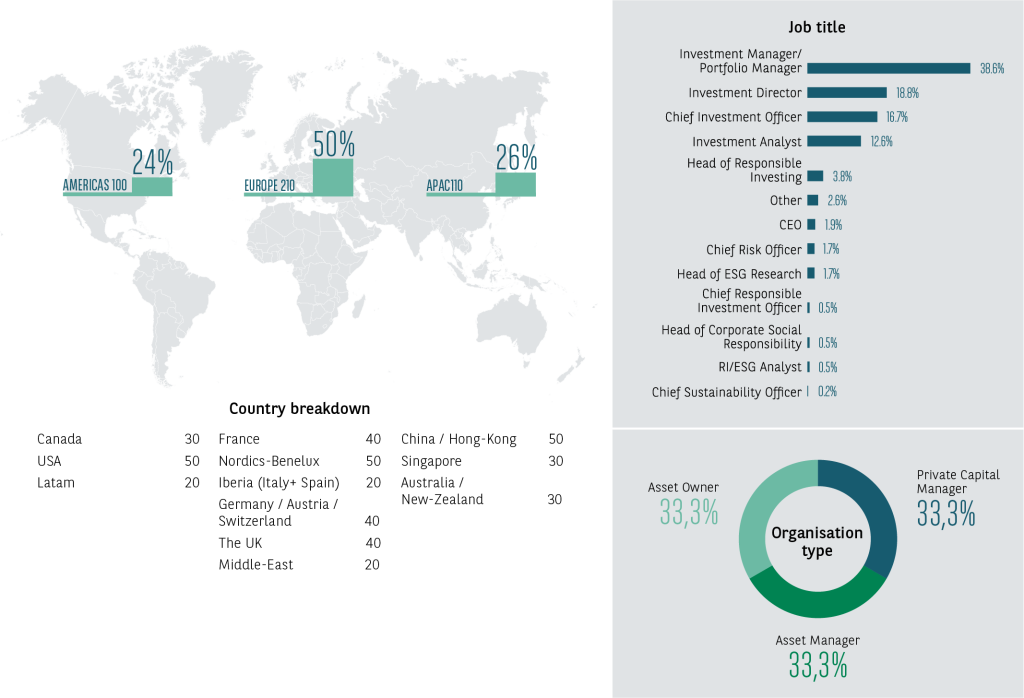Thematics have become more critical for investors, as they look to ensure both return and impact, and move away from generalist ESG investing. The energy transition remains a strong secular theme, with growing attention on how it drives both decarbonisation and long-term value creation. Investors in North America are accelerating this approach, contributing to a broader shift in how sustainability is seen – no longer as a constraint, but as a source of opportunities and innovation for alpha generation.
Another strong theme this year is the importance of the social dimension. Here, a just transition[1] to a lower carbon economy runs alongside decarbonisation and the energy transition in addressing the human aspects of the overall agenda. This finding highlights how investors are increasingly taking a holistic view of sustainability, integrating multi-faceted thematics in their investment long term strategies. This reflects a more integrated understanding of sustainable investment, where themes are not treated in silos but as a part of a connected investment strategy.
Investors also highlight the importance of collaboration and strategic partnerships. For instance, leading investors are engaging more deeply with portfolio companies, acting as long-term partners to advance sustainability outcomes. Investors are also working with external partners, such as banking services providers, in order to improve their resources and capabilities. This year’s survey also shows how private capital managers are emerging as central supporters of ESG and sustainability. Their influence continues to grow, with many embedding sustainability at the heart of their strategies and fostering internal engagement. The data highlights how staff members within these organisations are a driver for progress and sustainability, along with their investors.
[1] Just Transition refers to actions and interventions to minimise the potential adverse social and economic impacts on workers, communities and enterprises of the shift to a low-carbon economy.

